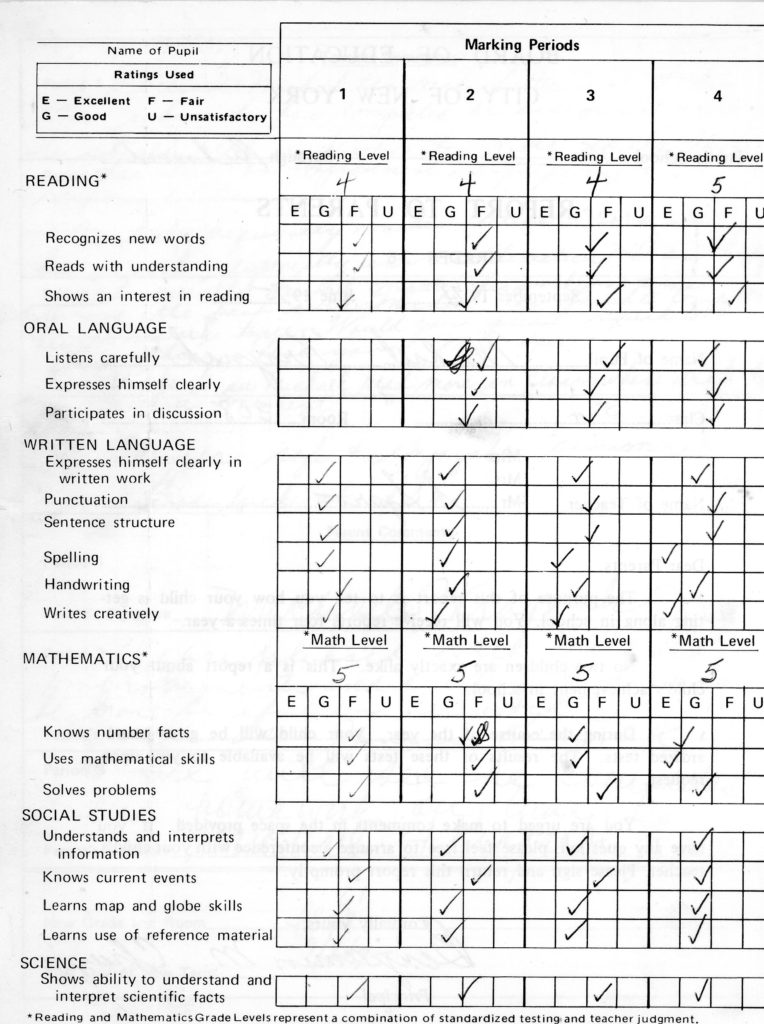None of us expected this pandemic, save maybe a few epidemiologists and public health experts who “expected” it in the same way we all “expect” to die, which is to say that we know it will happen, but we have no idea when or how or what it will feel like.
Three months or so into the coronavirus pandemic, each of us has faced challenges and situations we hadn’t even imagined previously. And none of us really knows how to handle those situations. We’ve never been in a pandemic before!
Like you, I am making this up as I go along. But recently, I realized that parenting teenage boys has prepared me well for a pandemic. How? Parenting teenage boys has taught me essential truths about life — and the limits of my power. Parenting teenage boys has taught me that…
Anger often hides fear and worry
For many boys, anger is the default emotion. Young boys who are shamed for their tears grow into swaggering teens who are far more likely to react to a simple question with an outburst of seemingly inexplicable anger than admit that they’re sad or hurt because their crush rejected them. Parenting teenage boys has taught me not to take my sons’ anger personally or to over-react to it; instead, I remind myself that their anger is a signal that something is going on. Something is bothering them.

I’ve learned that it’s not a good idea to press them for details during a bout of anger. I’ve learned to give them space and love them in spite of their unpleasantness. I’ve learned that offering grace and food and understanding — with no expectation that we’ll dive into whatever is causing the discomfort — is often the best strategy because it gives them space to calm down. I’ve learned that responding to anger with anger almost always results in escalation. It almost never leads to resolution and connection.
Right now, we’re all stressed, sad, scared and worried. Our nervous systems are on edge; we’ll all more apt to respond strongly to the slightest provocation. Anger and outrage are everywhere. On the internet and in our stores and communities, people are yelling at one another: Wear a mask! Open the economy! In some cases, angry people are protesting; some, armed with weapons. Other angry people are busily demonizing the protestors.
Yelling at one another and shaming each other won’t work. It doesn’t work for teenage boys and it doesn’t work for scared adult humans either. When you see anger in another, try to pause for a moment and consider what might be going on beneath the anger. What is the anger hiding or disguising? Looking for and responding to the very real fear and grief beneath the anger is far more productive than meeting anger with more anger.
Academics aren’t really that important
I could (attempt to) force my teenage boys to prioritize academics over all else, but my relationship with them would suffer. If I try to force my opinions and priorities on my boys, they will resist, particularly if my opinions and priorities don’t align with theirs. The gulf between us will grow wider, not narrower, as we each retreat deeper into the corner we believe is correct.
In truth, I learned this lesson years ago, when the boys were young and we were homeschooling. I learned then that all the things I’d been taught are necessary for success and a “good” life — good grades, turning in homework on time, participating in extracurriculars, following the rules — are actually only one path through life. And I learned that checking those boxes off isn’t worth a damn if doing so creates distress and disharmony.

During this pandemic, many parents were asked to oversee online education. Teachers scrambled to meet student needs from a distance, but the burden of ensuring attendance, encouraging participation and checking homework completion fell to parents — and, in many cases, utterly exhausted them.
Early on, I decided to prioritize connection over academic achievement. Without saying a word to my boys, I decided that I wasn’t going to fight with them about online education. If they resisted doing it, well, I would not turn that into a fight; instead, I would continue to help them learn through life. To my surprise, my boys took responsibility for their education. (Note: that does not mean that they logged into Zoom classes on time or completed all their work by the assigned deadline. In fact, my 17-year-old still has some work to finish, despite the fact that he could have been done a few days ago.)
Letting go of external expectations allowed me — and the boys — space to breathe and relax. We haven’t spent quarantine fighting against one another; instead, we connect.
Humor is essential
Parenting teen boys is hard work! I have been moved to exhaustion, tears and despair. To survive, I had to learn to find humor and joy in the chaos and clutter of our lives. I couldn’t dwell on all that’s wrong; I learned to chuckle (instead of scream) when I find, say, a stick of deodorant in my freezer or a car tire on top of my china cabinet.

It’s hard to find humor in a pandemic that’s killed nearly 100,000 Americans. But moments of joy, lightness and humor are still present in our lives and should be embraced. When I am feeling overwhelmed by the news, I often toggle over to funny videos on YouTube. According to Mayo Clinic, laughing releases endorphins (“feel good” chemicals) in the brain, stimulates the body’s organ system, relieves pain and boosts the immune system.
The only person I can control is myself
A big part of parenting teenage boys is standing back and holding your tongue while they make (questionable) decisions and experience the consequences. Like many parents of teens, I learned that lesson the hard way: I tried to control my boys’ behavior, which resulted in more chaos, anger and disconnection and did not eliminate the possibility of them making bad decisions. Attempting to control their behavior is not a good use of my time and energy because the truth of the matter is that teenagers will find a way to do anything they really want. My teen boys are also bigger and stronger than me, which means that it is physically impossible to make them go to bed at a certain time or remain in the house.
I cannot control my boys’ actions in the wider world, just as I can’t control whether other people wear masks at the grocery store. All I can control is my response: in light of others’ actions, what can I do to protect my health and well-being? I can’t control what the schools do in the fall, but I can decide whether or not to send my kids. I definitely can’t control the actions of my elderly, at-risk parents. I can’t force them to stay home; I can, however, wear a mask when I go over to their house to help them. I can decline dinner invitations and only visit outside, from a distance.
I can take deep breaths and remind myself of the limits of my power (and responsibility) whenever I feel overwhelmed and disappointed by others’ decisions. I can choose to do things that feed my soul and spirit.

Parenting teenage boys has challenged me like nothing else — and honed the skills I’m using each and every day as we navigate the coronavirus pandemic.






